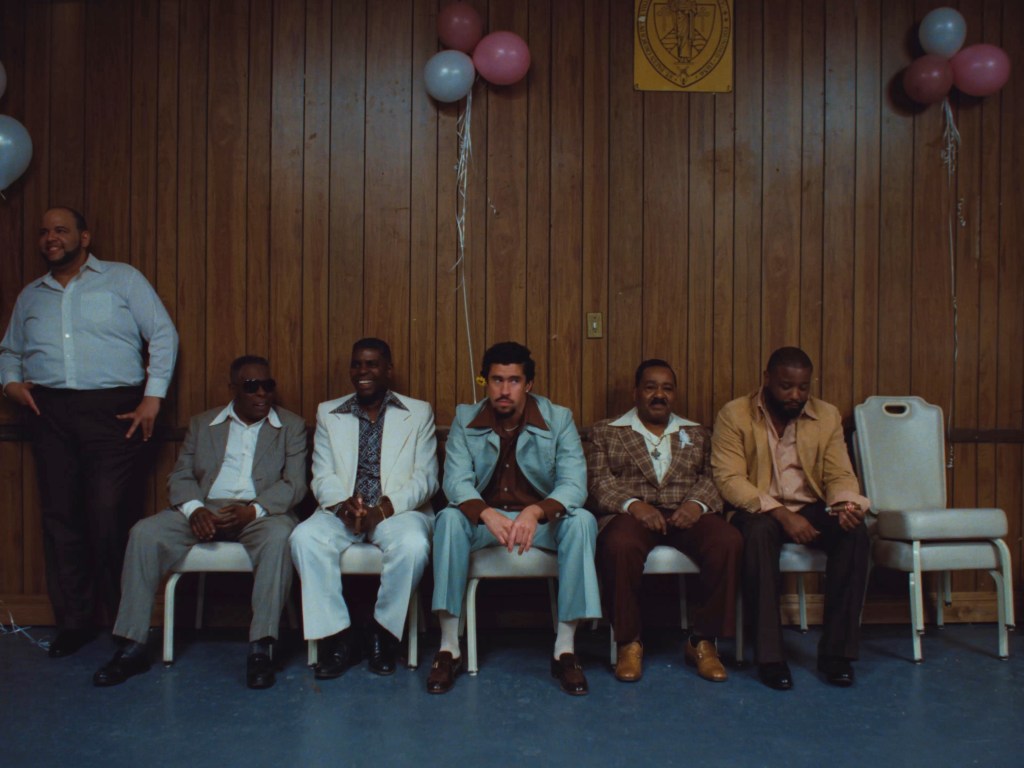Brady Corbet’s The Brutalist, graded by colourist Máté Ternyik, and Bad Bunny’s Nuevayol music video, graded by Dante Pasquinelli at Ethos Studio, were among the top winners of this year’s FilmLight Colour Awards.
Now in its…

Brady Corbet’s The Brutalist, graded by colourist Máté Ternyik, and Bad Bunny’s Nuevayol music video, graded by Dante Pasquinelli at Ethos Studio, were among the top winners of this year’s FilmLight Colour Awards.
Now in its…